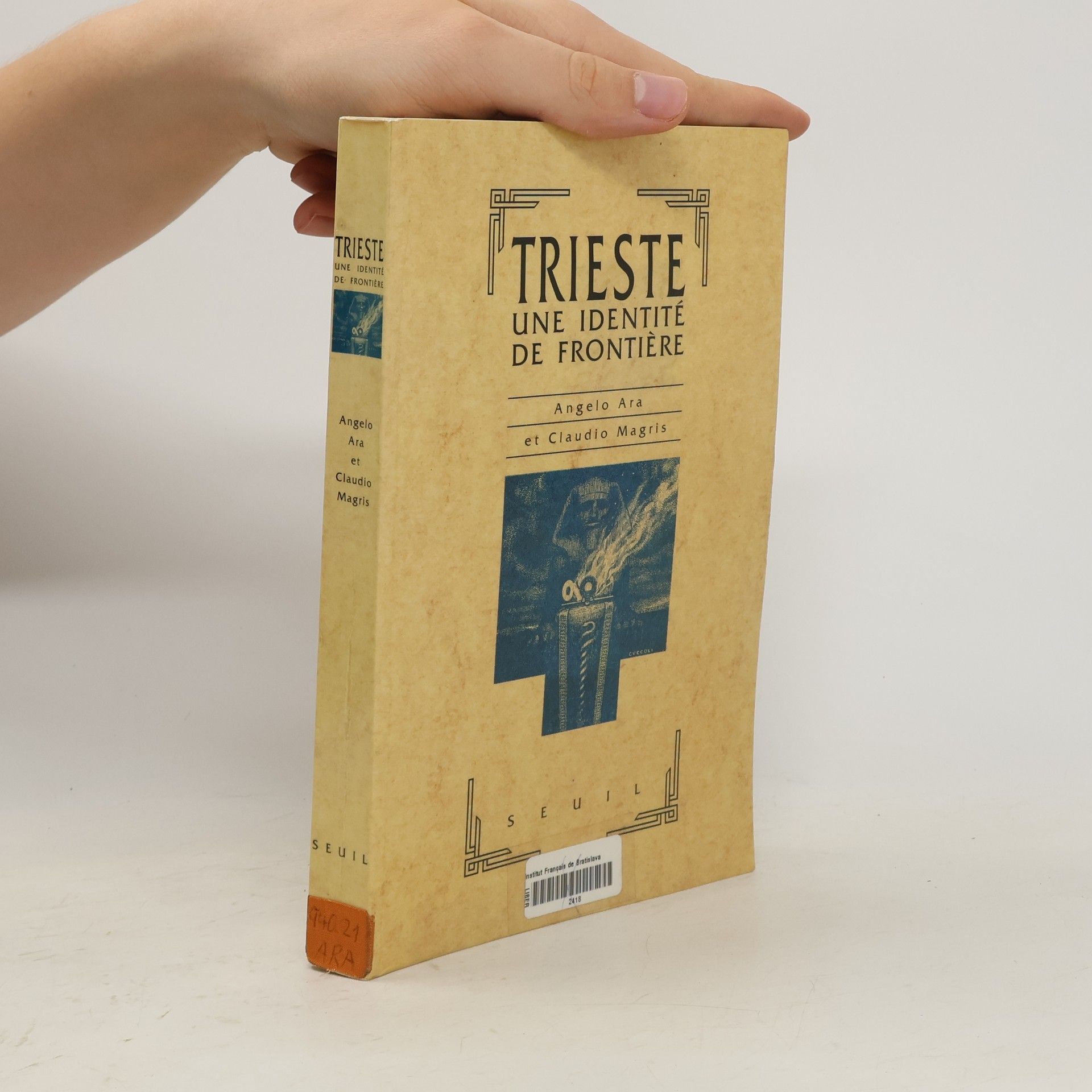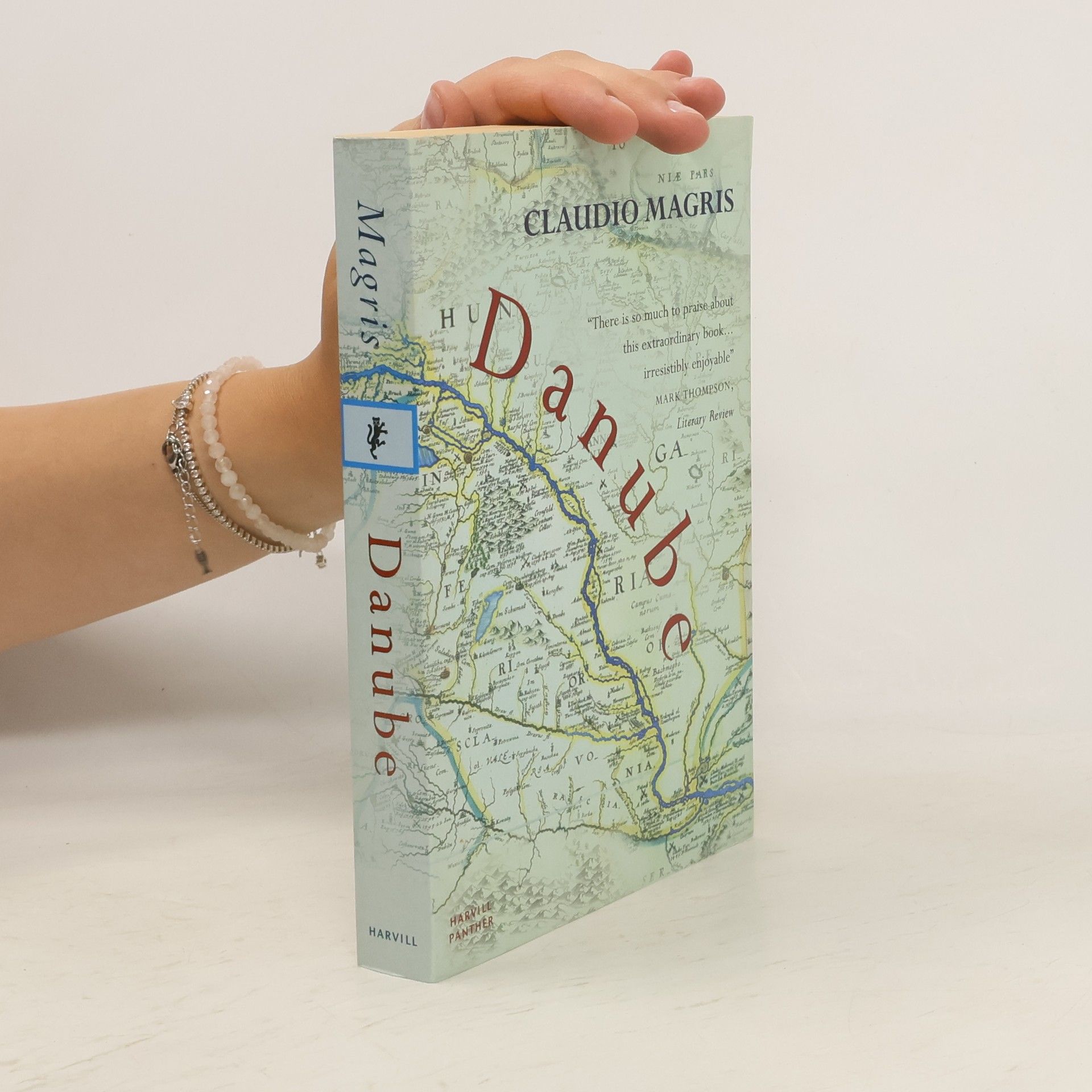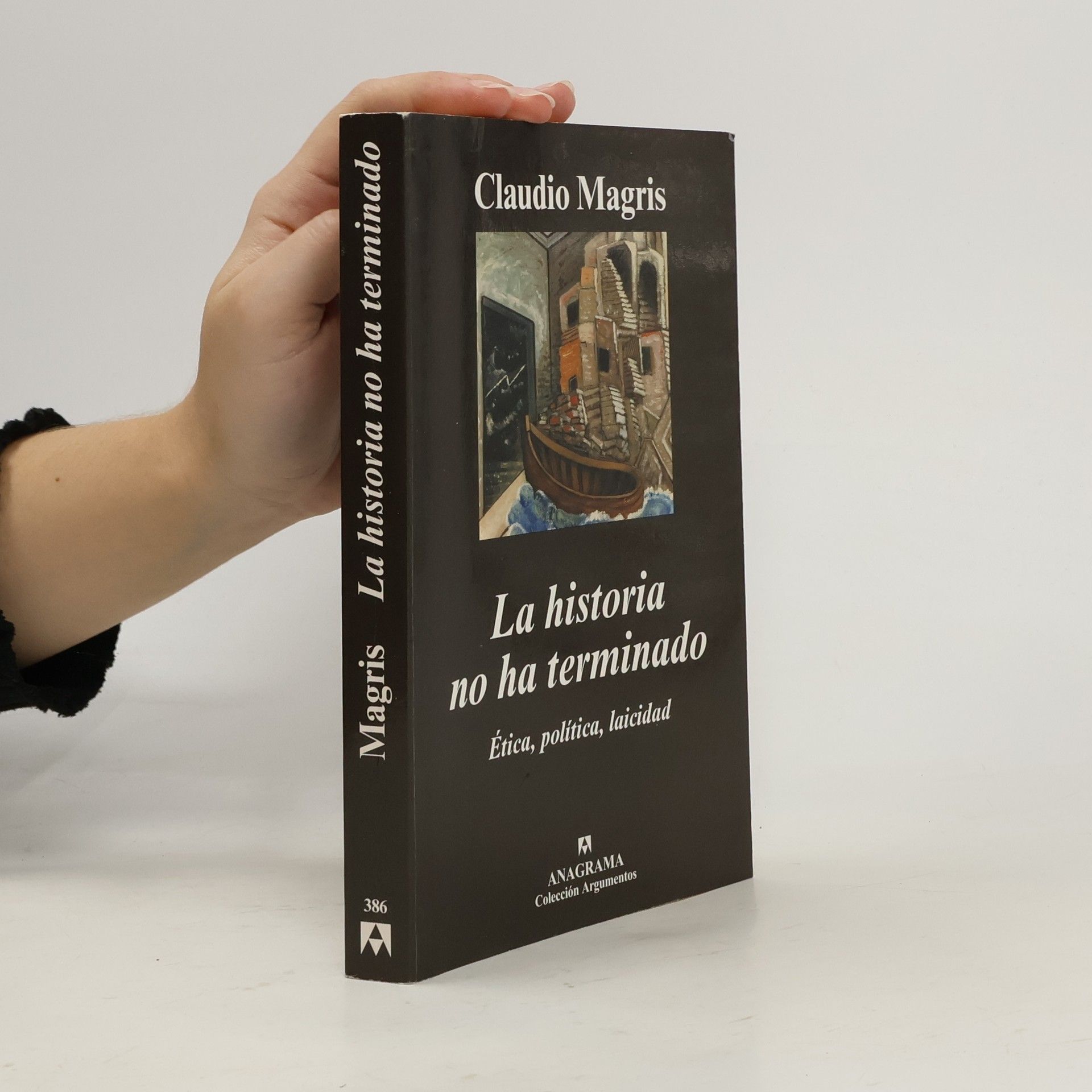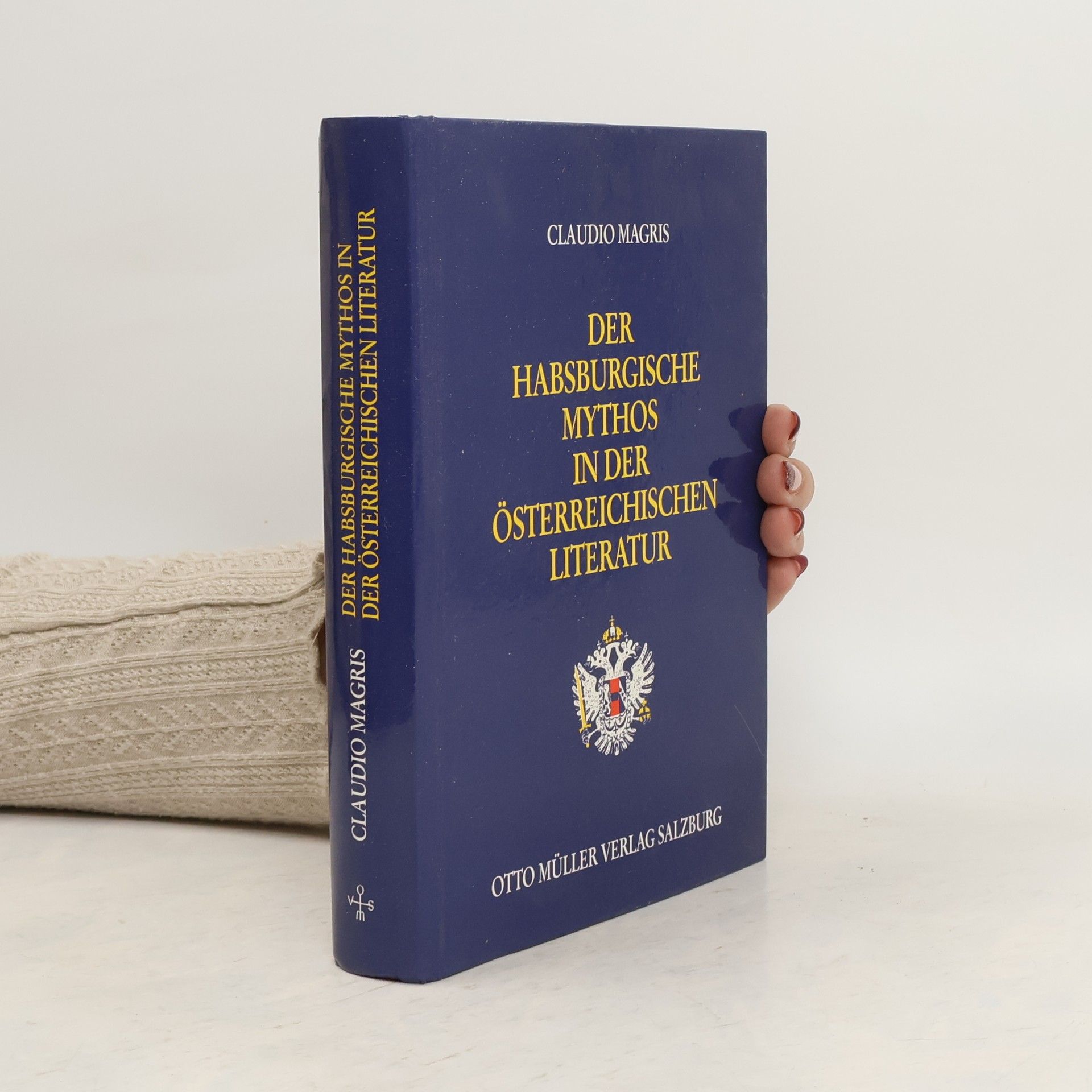La historia no ha terminado
Ética, política, laicidad
Éste es el libro de un «impolítico», en el sentido que Thomas Mann dio a este término- una persona que se apasiona más por un día en el mar que por una asamblea o una crónica política pero, a pesar suyo, está convencido de que cuando el cuerpo social enferma o es agredido se vuelven necesarias la toma de posición, la protesta, el testimonio, el análisis, la sátira La crónica –caprichosa, dramática, cómica, turbada– se enlaza con la historia, la cotidianidad con las enseñanzas de los maestros del pasado Magris se interroga sobre las aflicciones de nuestro presente y sobre las elecciones que nos impone Rechaza las fáciles promesas de salvación o la tolerancia oportunista Refuta el sentimentalismo buenista y el cóctel que mezcla religiones, filosofías y sistemas de vida









